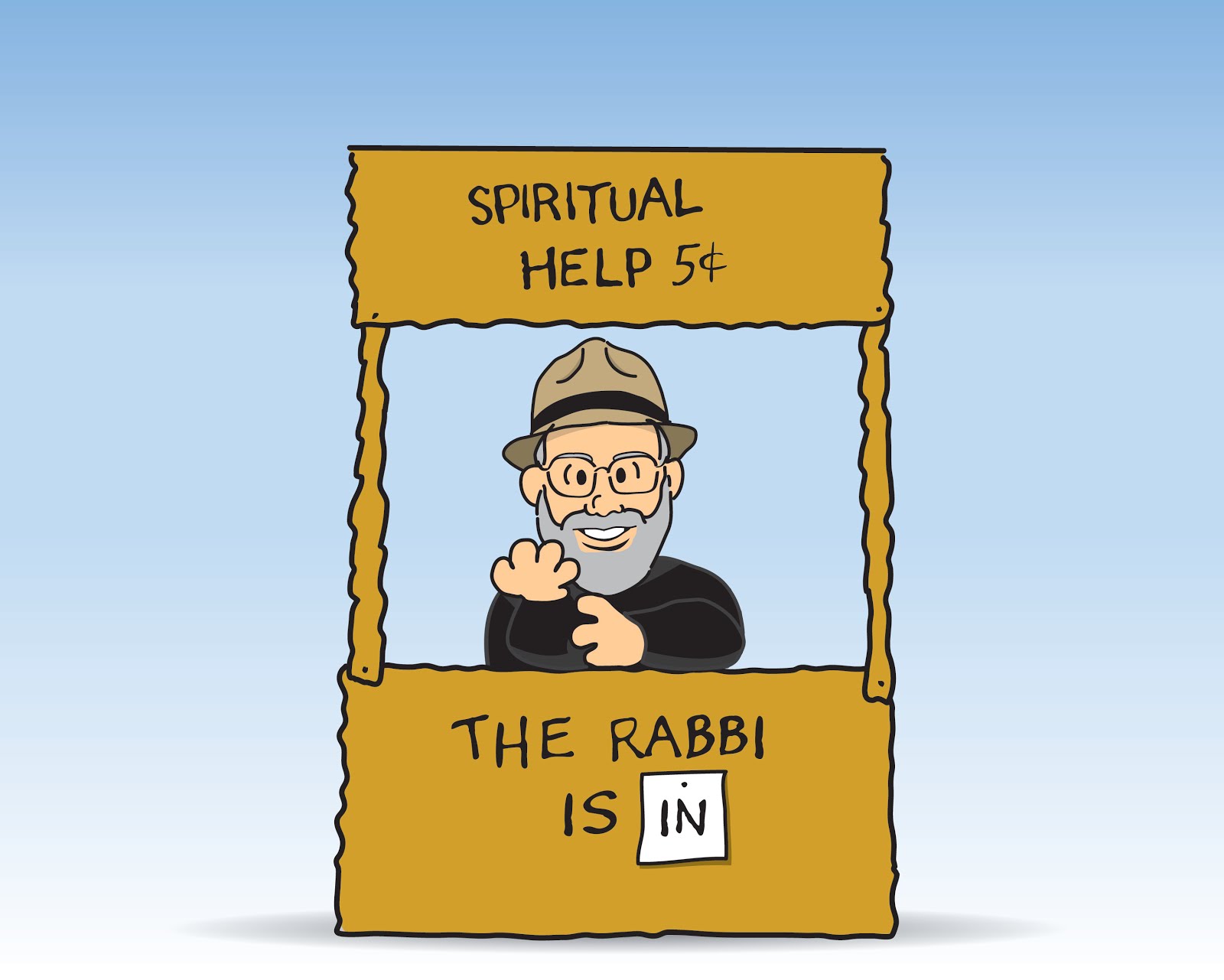Would the world be better off without religion? This was the
question debated on NPR’s Intelligence Squared the other day, and, like most
debates, left me annoyed.
The pro side argued that religious people were happier, more
generous, more likely to volunteer for community projects, and more civic
minded than nonreligious people, and didn’t care if one was Jewish, Christian,
Muslim, Hindu, etc. as long as one wasn’t atheist. But if any religion is
better than no religion, do religious differences matter at all? And if they
don’t, what does that say about the religions themselves?
The con side argued that religion stymied science, dumbed
down the human capacity for reason, and imposed outmoded mores on what would
otherwise be liberal progressive societies, and didn’t care if you were
religiously liberal or religiously fundamentalist, going so far as to call the
former hypocrites. One ought to be a fundamentalist or nothing at all. Since
this has never been the case historically, insisting that it be so now is
silly.
The question I would rather debate is this: Given that
religion in one form or another seems to be intrinsic to humankind, what kind
of religion is best suited to the 21st century? Of course this isn’t
a debate-style question, but it seems better than what was actually being
debated.
I would argue for religions that recognize their theologies
as myth (stories conveying truths and wisdom in a non literal way); that see
science as a corrective to superstition and that continually take the wisdom of
science into account in their quests for meaning; that recognize evolution,
evolutionary psychology, and evolutionary morality (civil rights, women’s rights,
gay rights, animal rights, etc. are something new on the human scene and not
intrinsic to ancient religions) as central to the human spiritual unfolding; that recognize contemplative practice as
essential to testing the truth claims of religion; and that essentially see
each religion as a unique cultural expression of a universal call to universal
justice and compassion, and which, therefore, honor their cultural diversity
without mistaking that time-bound heritage for timeless truth.
I don’t think we can do away with religion or religiosity,
but we can shape new forms of the religions we have as well as create new
religions for a new age.

